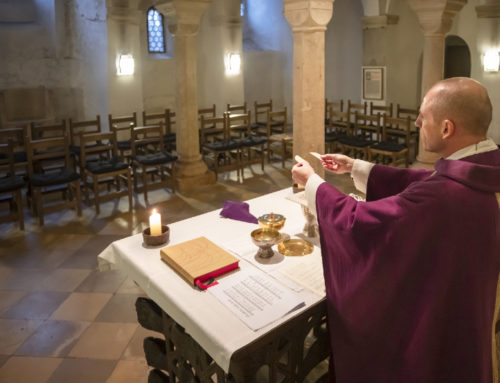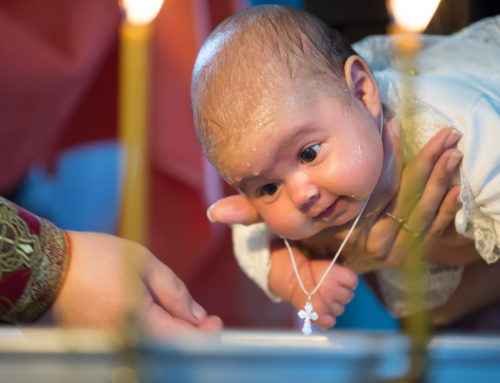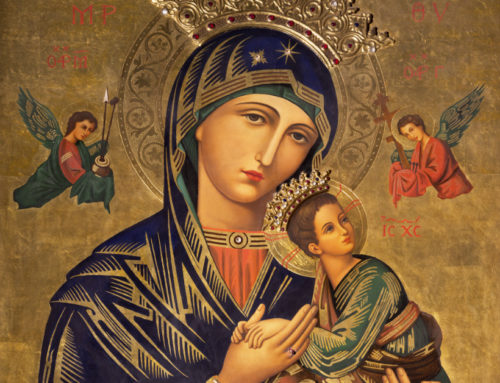
Throne Bernini Holy Spirit Dove, Saint Peter’s Basilica in Rome
The distinctive features of the first method of prayer are these. When a person stands at prayer, he raises hands, eyes and intellect heavenwards, and fills his intellect with divine thoughts, with images of celestial beauty, of the angelic hosts, of the abodes of the righteous. In brief, at the time of prayer he assembles in his intellect all that he has heard from holy Scripture and so rouses his soul to divine longing as he gazes towards heaven, and sometimes he sheds tears. But when someone prays in this way, without him realizing it his heart grows proud and exalted, and he regards what is happening to him as the effect of divine grace and entreats God to allow him always to be engaged in this activity. Such assumptions, however, are signs of delusion, because the good is not good when it is not done in thee right way.
If, then, such a person is pursuing a life of stillness and seclusion, he will almost inevitably become deranged. and even if this does not happen to him, it will be impossible for him to attain a state of holiness or dispassion. Those who adopt this method of prayer have also been deluded into thinking that they see lights with their bodily eyes, smell sweet scents, hear voices, and so on. Some have become completely possessed by demons and wander from place to place in their madness. Others fail to recognize the devil when he transforms himself into an angel of light (cf. 2Cor. 11:14); and, putting their trust in him, they continue in an incorrigible state of delusion until their death, refusing to accept the counsel of anyone else. Still others, incited by the devil, have committed suicide, throwing themselves over a precipice or hanging themselves.
Indeed, who can describe all the various forms of deception employed by the devil? Yet from what we have said any sane person can understand the kind of harm that may result from this first method of attentiveness. Even if someone who has adopted this method may perhaps avoid the evils we have mentioned because he lives in a community – for it is solitaries who are especially subject to them – none the less he will pass his entire life without making any progress.
Excerpt from the Philokalia – The Three Methods of Prayer attributed to St. Symeon the New Theologian




